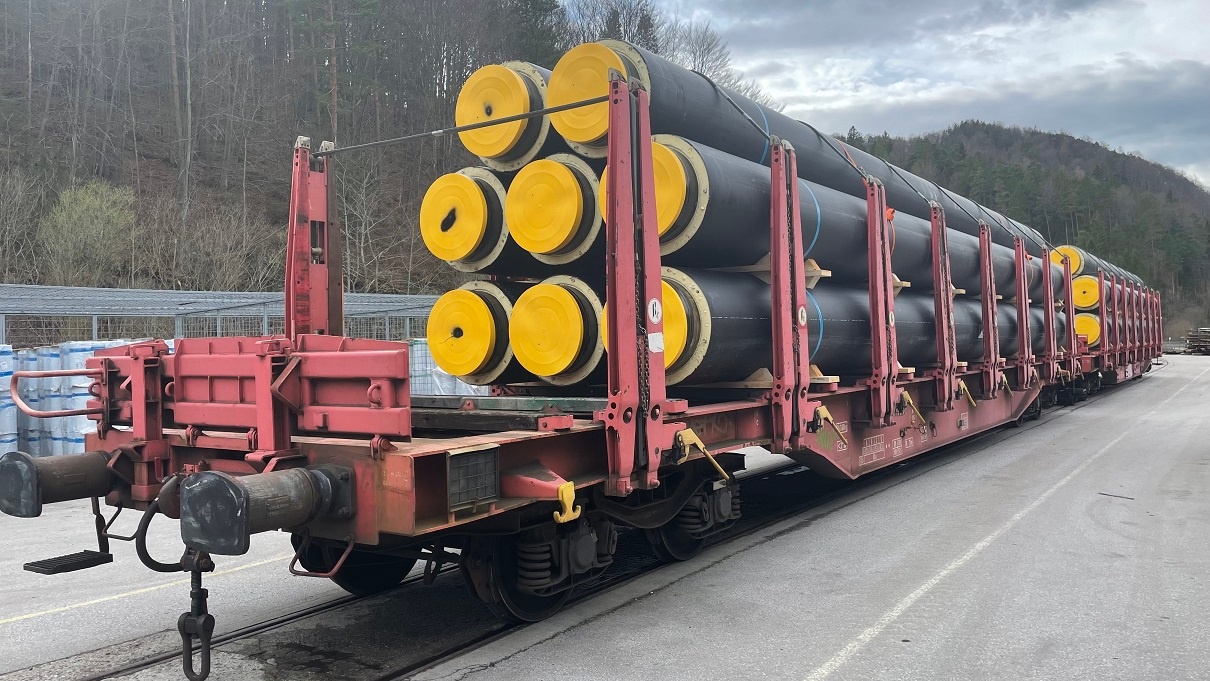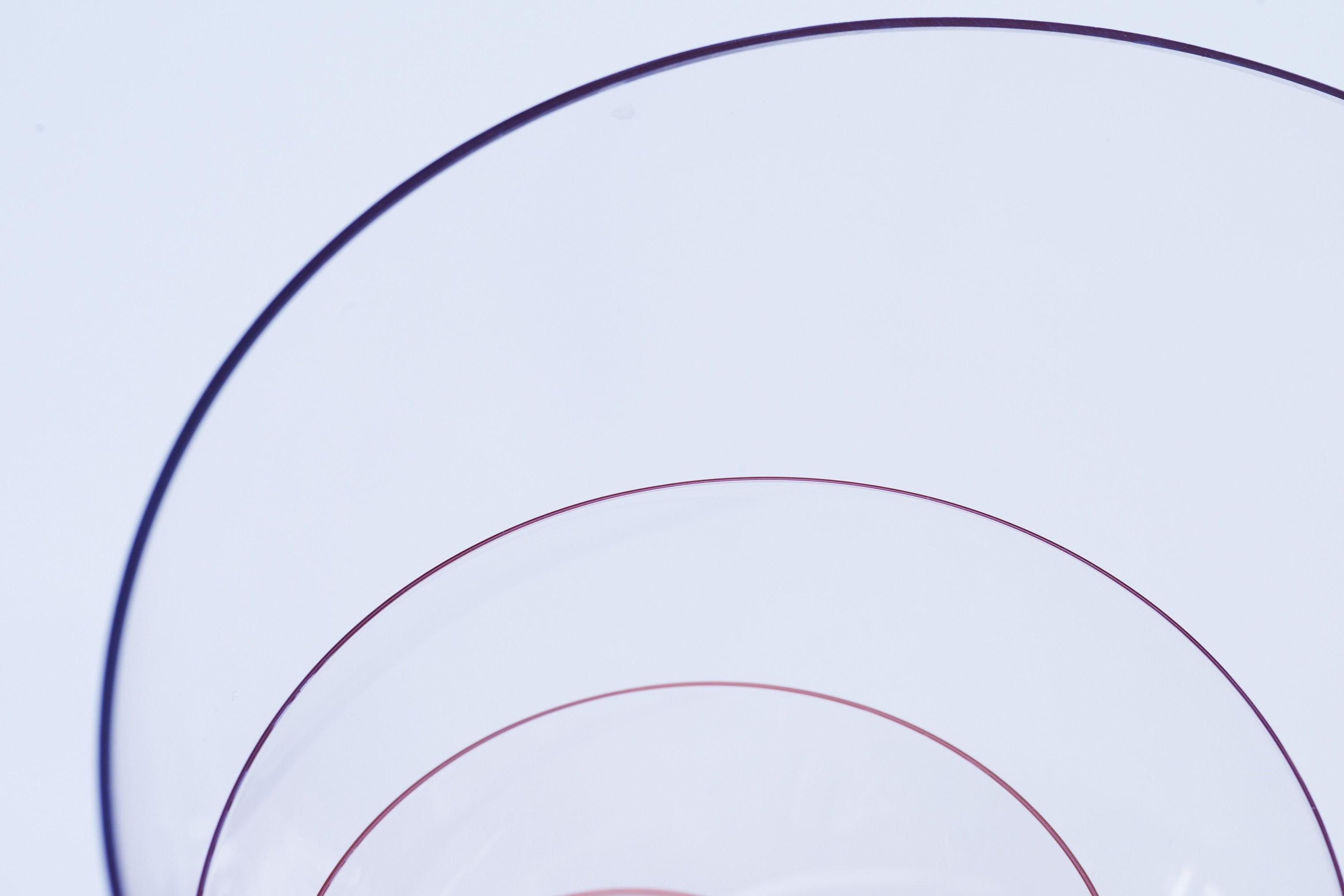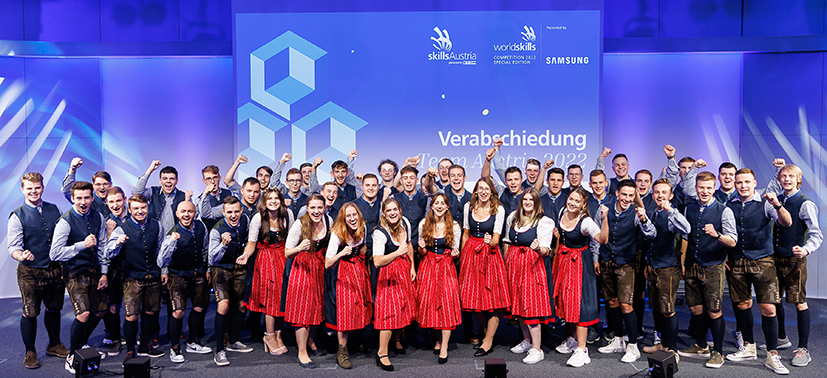The investor in the project is state-owned Gasunie. The largest Dutch gas supplier is shifting its field of operation and focusing on district heating pipelines instead of gas. WarmtelinQ is another step towards climate neutrality. It is expected to save 200,000 tonnes of CO2 emissions per year.
The pipes for this showcase project come from isoplus. The Austrian company is a leading supplier of thermally insulated pipe systems and can confirm this reputation in this project. For example, the route has to pass under the Nieuwe Maas river. This places special demands on the insulation of the pipes.
A total of 46 kilometres of pipe will be produced. CO2 is also saved during transport: more than 300 wagonloads find their way from the factory in Austria to Rotterdam. On site, the district heating pipe is then assembled, welded, seams insulated and laid.
WarmtelinQ should become operational in 2023. Because of the current situation, Gasunie is also currently building the floating LNG terminal in Eemshaven (Groningen). It is scheduled for completion next winter to reduce dependence on Russian gas. Pipes that isoplus has already supplied for WarmetlinQ are currently being used there.




